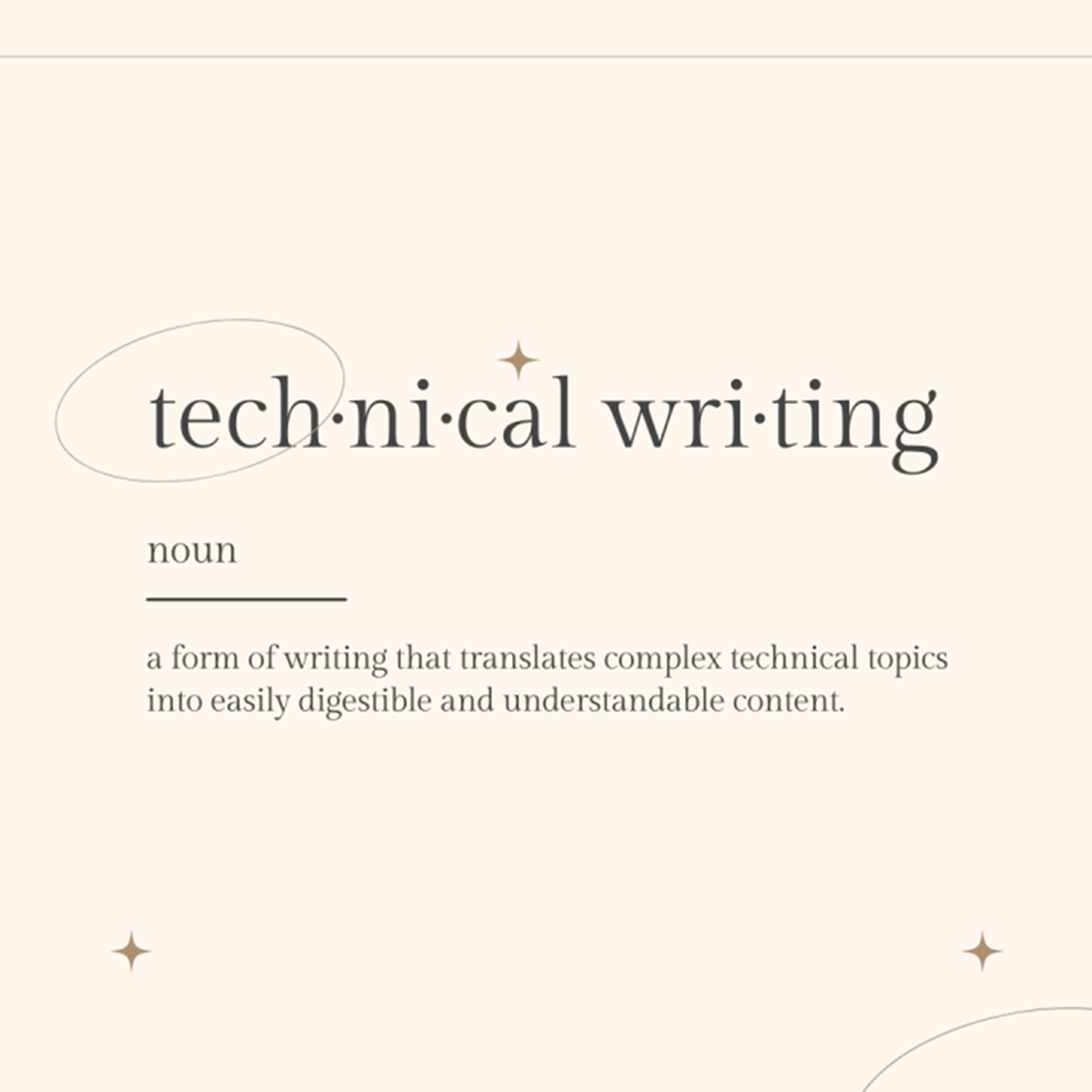February 2024

Panel Discussion: Best Practices for Successful Writing
By Ayushri Jain
Effective writing is an important skill in academia and beyond, yet many students encounter challenges when it comes to writing compelling research papers. Recently, a panel of professors and experienced writers shared their invaluable insights on navigating the intricacies of technical writing during a thought-provoking discussion. The panelists, drawing from their own journeys from graduate students to seasoned writers, emphasized the significance of technical writing skills across diverse career paths, not limited to research. They underscored the importance of clarity, coherence, and persuasion in conveying ideas effectively through writing.
One of the primary challenges highlighted by the panelists is the struggle students face in formulating a coherent narrative for their papers. Often, students have unclear storylines, leading to disorganized and overwhelming compositions. Procrastination makes this problem worse, leading to more stress and lower-quality work. Many students mistakenly believe that writing is only about sharing ideas, forgetting the importance of persuading readers to engage with their work. In addressing these challenges, the panelists advocated for a transformative approach to feedback. Instead of overhauling entire drafts, they emphasized the value of iterative feedback cycles, focusing on refining key concepts and enhancing clarity. They proposed a two-step writing process: first, writing to ideate and clarify thoughts, followed by writing to effectively communicate these ideas. Emphasizing the importance of simplicity and coherence, they advised structuring papers around a single central idea with a logical flow between sections.
The panelists encouraged simple but effective practices like giving titles to sections and starting with a single sentence. They advised starting with small improvements, like fixing individual sentences before tackling larger paragraphs. They also encouraged students to see negative feedback as a chance to get better. Also, they emphasized the benefits of working with others when writing and the importance of reading extensively to improve writing skills. They also suggested to use a single figure with a caption to explain complex ideas is particularly practical. As a budding writer, the advice from the panel discussion is invaluable for navigating technical writing challenges. While concerns about learning remain, the panelists' own experiences show that dedication and practice can lead to significant improvement over time. In conclusion, the panel discussion illuminates the pivotal role of effective writing in academic and professional spheres. By embracing feedback, refining writing processes, and fostering a love for writing, aspiring writers can embark on a journey of continual growth and refinement in their craft.
